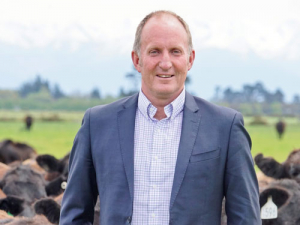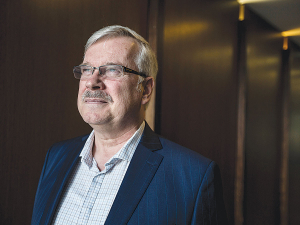Both DairyNZ and Beef + Lamb NZ are urging farmers to have their say on the proposed Zero Carbon Bill by July 16.
DairyNZ chief executive Tim Mackle says the potential implications of this legislation, in particular the targets for methane reduction, are huge for the agriculture sector.
“That’s why farmer engagement is so important,” he says.
He is encouraging dairy farmers to make a submission. The bill’s full name is the Climate Change Response (Zero Carbon) Amendment Bill.
“DairyNZ welcomes the opportunity to engage constructively and share our perspective on this Bill and we are encouraging dairy farmers right across NZ to do the same,” Mackle says.
“It only takes a few minutes to make a submission online and it doesn’t need to be long. What is important is that you share what this legislation might mean for your farm, your family and your community.”
BLNZ chairman Andrew Morrison told Rural News his organisation encourages farmers to have their say on the Zero Carbon Bill.
“We are in the process of finalising our analysis and advice on the Bill to assist farmers in making their own submissions which we will be sending out shortly.”
Mackle says appearing before a select committee at this time of the year will not be an easy task for most dairy farmers as July and August mark the start of calving season in NZ. The days are long, and many will simply be unable to get off the farm, let alone to Wellington.
“That’s why I have written to Parliament’s environment select committee this week to urge them to commit to travelling throughout provincial NZ to hear submissions in the main agricultural centres.
“This would be a great gesture of goodwill and go a long way to encourage farmer engagement with the submission process”.
The bill proposes a 10% reduction in methane by 2030 and a reduction in methane in a provisional range of 24-47% by 2050.
DairyNZ has previously said that it was pushing for the Bill to be more aligned with suggestions made by the Parliamentary Commissioner for the Environment -- a 10-22% reduction by 2050.
Federated Farmers climate change spokesman Andrew Hoggard said the Zero Carbon Bill sets a gross biogenic methane reduction of 10% by 2030.
“The science is clear that this level of methane emission reduction is only needed by 2050 to have no additional impact on global warming,” he said when the bill was introduced into Parliament.
“But farmers are being expected to shoulder their share of tackling climate change 20 years earlier than anyone else.”



















